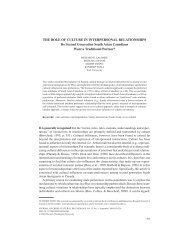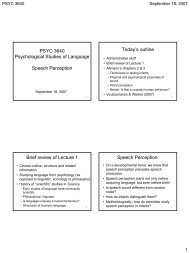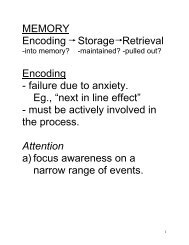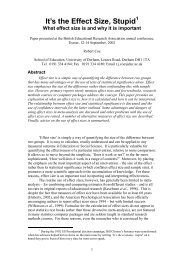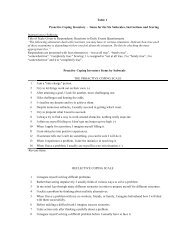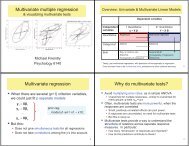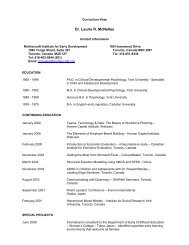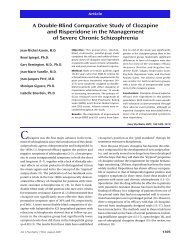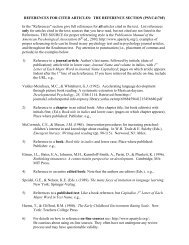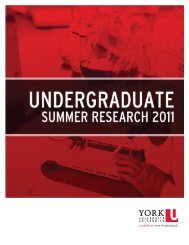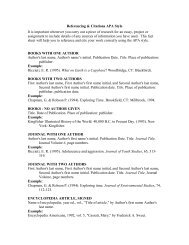The Drama of the Gifted Child (The Search for the True Self)
The Drama of the Gifted Child (The Search for the True Self)
The Drama of the Gifted Child (The Search for the True Self)
You also want an ePaper? Increase the reach of your titles
YUMPU automatically turns print PDFs into web optimized ePapers that Google loves.
ward <strong>of</strong>f <strong>the</strong> pain <strong>of</strong> being unable to idealize <strong>the</strong>m. Contempt<br />
also may serve as a defense against o<strong>the</strong>r feelings, and<br />
it will lose its point when it fails as a shield—<strong>for</strong> instance,<br />
against shame over one's unsuccessful courting <strong>of</strong> <strong>the</strong> parent<br />
<strong>of</strong> <strong>the</strong> opposite sex; or against <strong>the</strong> feeling <strong>of</strong> inadequacy<br />
in rivalry with <strong>the</strong> same-sex parent; and above all against<br />
narcissistic rage that <strong>the</strong> object is not completely available.<br />
So long as one despises <strong>the</strong> o<strong>the</strong>r person and overvalues<br />
one's own achievements ("he can't do what I can<br />
do"), one does not have to mourn <strong>the</strong> fact that love is not<br />
<strong>for</strong>thcoming without achievement. Never<strong>the</strong>less, avoiding<br />
this mourning means that one remains at bottom <strong>the</strong> one<br />
who is despised. For I have to despise everything in myself<br />
that is not wonderful, good, and clever. Thus I perpetuate<br />
intrapsychically <strong>the</strong> loneliness <strong>of</strong> childhood: I despise<br />
weakness, impotence, uncertainty—in short, <strong>the</strong> child in<br />
myself and in o<strong>the</strong>rs.<br />
<strong>The</strong> patient seldom directly expresses his contempt <strong>for</strong><br />
<strong>the</strong> analyst at <strong>the</strong> beginning <strong>of</strong> treatment. At first his scorn<br />
is consciously directed at o<strong>the</strong>r people. He thinks, <strong>for</strong> example:<br />
"I don't need any childish feelings, <strong>the</strong>y are alright<br />
<strong>for</strong> my younger bro<strong>the</strong>rs and sisters, who do not have my<br />
judgment. Anyway, it is only sentimental stuff, ridiculous.<br />
I am grown-up, I can think and act, I can make changes in<br />
things around me, I don't need to feel helpless any more,<br />
or dependent. If I am afraid, I can do something about it or<br />
try to understand it intellectually. My intelligence is my<br />
most reliable companion."<br />
Well, all that sounds pretty good. But <strong>the</strong> analysand<br />
comes to analysis because he feels lonely, despite or even<br />
because <strong>of</strong> his clear superiority, and because he suffers<br />
from difficulties in making contacts, or perhaps he comes<br />
because he suffers from compulsions or perversions. In <strong>the</strong><br />
103



